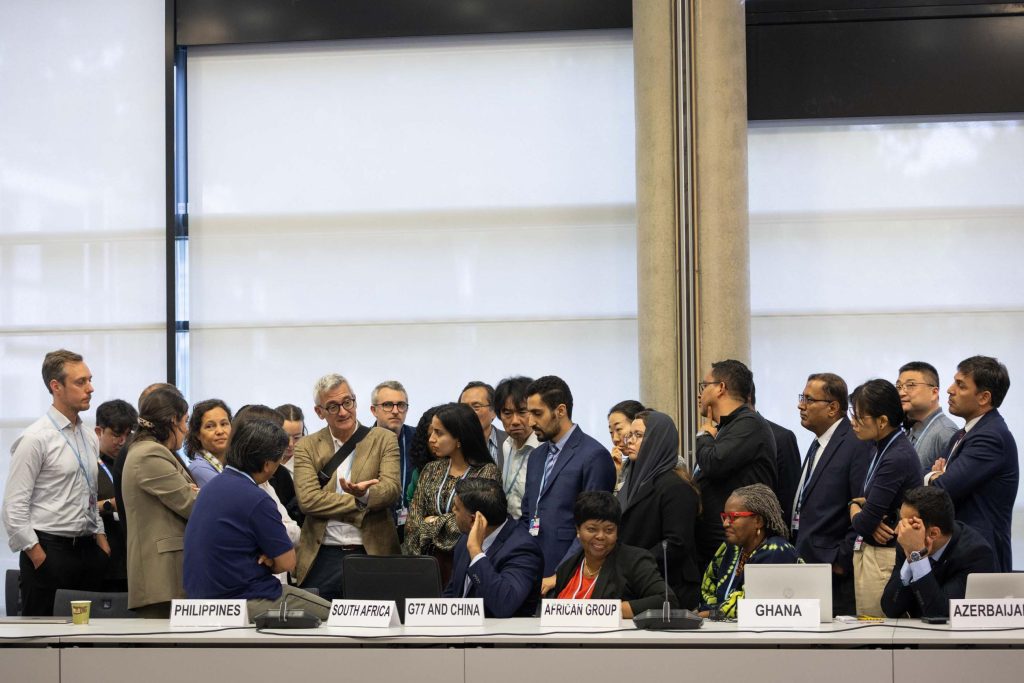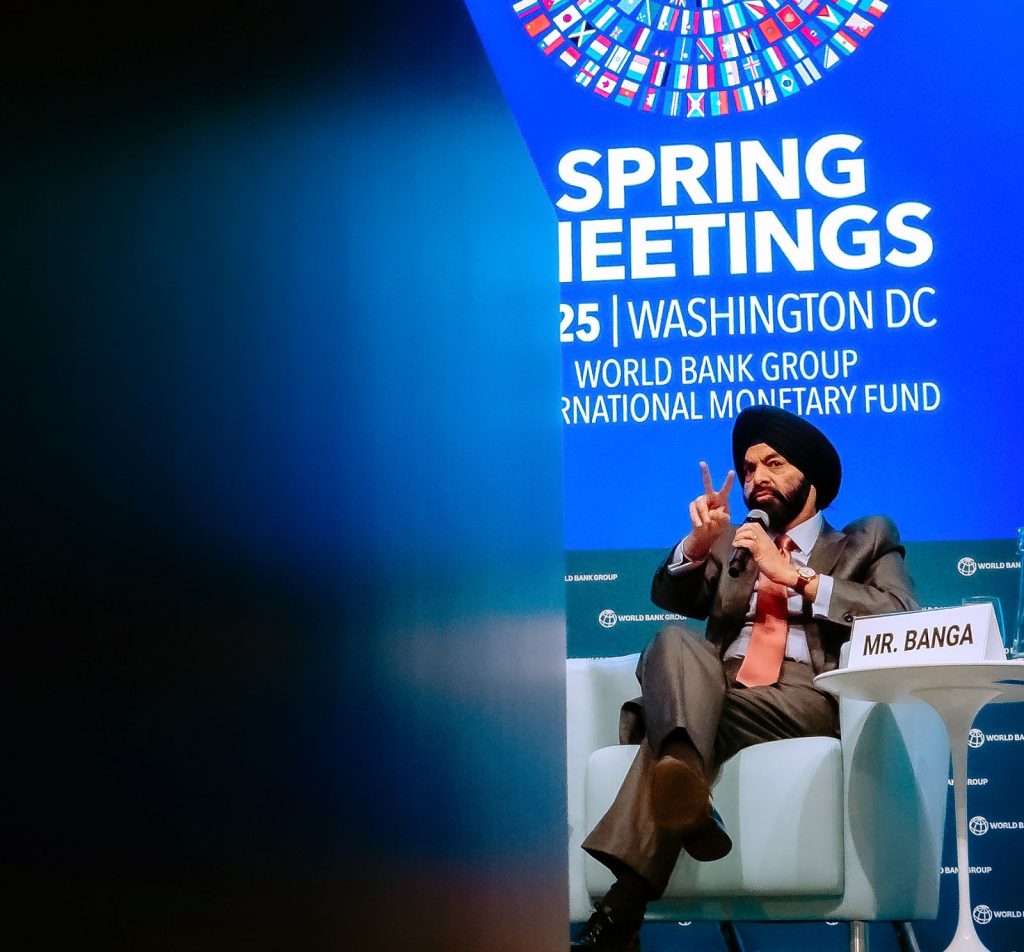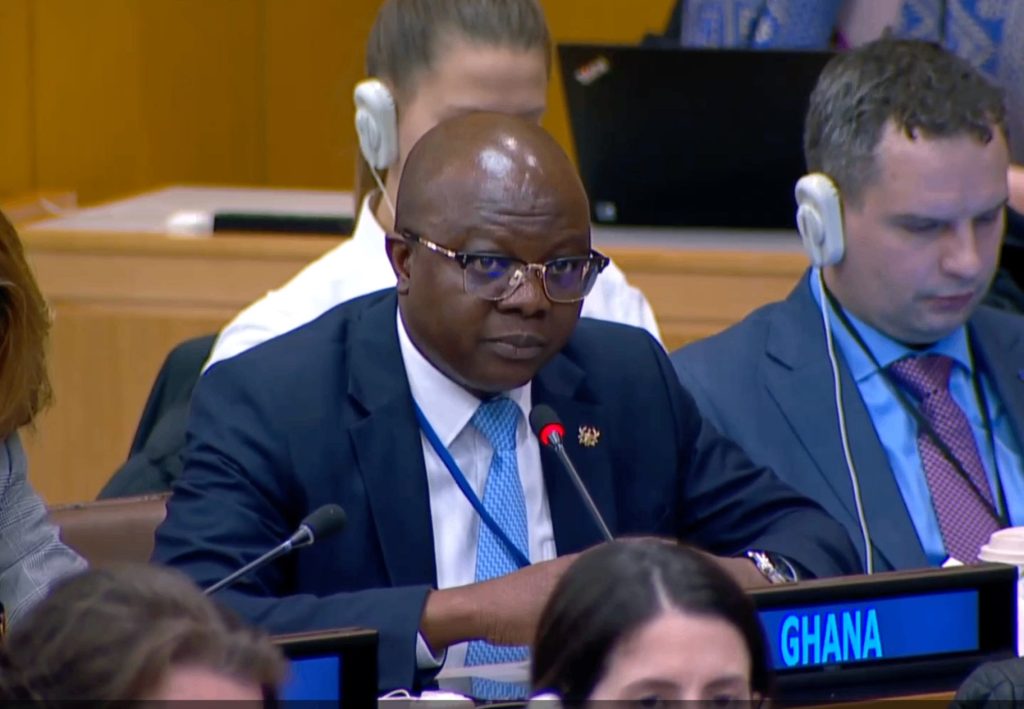Government efforts to agree to text for a political declaration for the upcoming Sustainable Development Goal (SDG) summit next month, have reached an impasse. This comes as several delegations broke silence on the draft on 19 July 2023, whereafter the co-facilitators submitted it to the UNGA president as representing a “best effort” to reach a consensus.
The SDG Summit on 18-19 September in New York, under the auspices of the UN General Assembly, is intended to “mark the beginning of a new phase of accelerated progress towards the [SDGs]”. Devex reports that the United States, United Kingdom, and a handful of allied powers blocked agreement on the draft. Issues of contention were calls to reform the international financial system and establish a multibillion-dollar development stimulus plan, with the US arguing that these issues would be more appropriately addressed the respective financial institutions and multilateral banks. The US is not itself against the reform of the global financial architecture but had concerns with how this was phrased in the draft.
The US position around finance in the Zero Draft is surprising, given the relatively uncontroversial language used in the draft of 8 June 2023. This version specifically only “welcomes” the UN Secretary-General’s “efforts towards an SDG stimulus to tackle the high cost of debt and rising risks of debt distress”. This is a reference to the UN Secretary General’s call for additional liquidity including through $500 billion/year in additional finance, effective debt restructuring and the expansion of development financing. The Zero Draft further provides for the following specific reforms:
- The significant mobilization of resources from a variety of sources
- The scaling up and fulfilment of ODA commitments
- Improved international debt mechanisms to support debt review, debt payment suspensions, and debt restructuring,
- Scaling up debt for SDGs swaps
- Preventing and combating illicit financial flows
- Re-channeling of unutilized Special Drawing Rights
- Engagement in inclusive inter-governmental discussions on the reform of IFIs to be more fit for purpose, equitable and responsive
- MDBs urged to bring forward actions to mobilize and provide additional financing
The group also wanted to see references to agreement to cap the global temperature rise to 1.5 degrees Celsius above pre-industrial levels. When requests were made to include this provision, other delegations wanted to see additional climate change related provisions, fuelling concerns by the lead negotiators that the climate section would become too large and unwieldy. Discussions have since been paused and negotiations will only resume later in August or early September.
An ambitious and implementable declaration is important. At their midpoint, the SDGs have reached a level of inertia and possibly even regression. As the Zero Draft indicates “at the midpoint … only 12 per cent of the SDGs are on track and 30 percent remain unchanged or below the 2015 baseline. The progress on most of the SDGs is either moving much too slowly or has regressed.”
It was hoped that the declaration would deliver a breakthrough in delivering on the SDGs by 2030. However, September’s deliberations in New York come at a time of increased frustration by the developing world at the lack of equity of the global financial system and its failure to protect them from the full impacts of the pandemic, climate change and debt crises. Similarly push back by developed countries on issues such as stimulus packages and the reform of the global finance architecture have left discussions with an impasse, with many developing countries feeling frustrated at the pace and ambition within reform. See in this regard Kenya’s position on a global green bank and related frustrations with the IMF and World Bank in this week’s edition.






